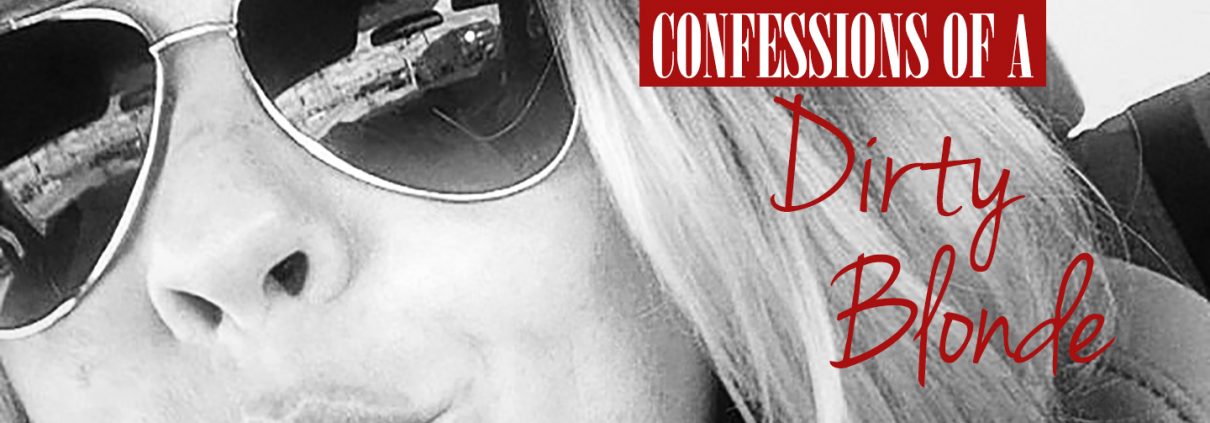Teaching Writing Formulas is GARBAGE :: Confessions of a Dirty Blonde
In middle school, we’re told our paragraphs must be three sentences long. In high school, we’re told five sentences will suffice, but only if you use a hook, a lead in, something of substance, a lead out and conclusion. It’s systematic.
Then as upperclassmen, we’re allowed to lengthen our paragraphs, to add three more sentences (for a total of eight). Providing guidelines is two-fold for teachers, so writing becomes formulaic, easy to understand for the math wizards in the classroom and approachable for every other student who thinks their writing sucks.
Teaching writing formulas is total garbage.
We’re teaching kids all paragraphs should look the same, begin and end the same and, consequently, bore readers in the same way. So what happens when you’re no longer in school but you had to follow these rules through most of your formal training in writing? You’re writing similar paragraphs, fearful to color outside of lines you were once graded between. It sure as shit isn’t easy to break bad habits. Hello, smokers.
Writing paragraphs in a variety of sentence lengths can and will make your writing more interesting. (One sentence.)
Don’t believe me? Pick up your favorite contemporary author and dig around in their book, noticing how many sentences are in each of their paragraphs. (Two sentences.)
Then play with your own writing. Make long paragraphs with short sentences or make a short paragraph with one complex sentence. Either way, you’re breaking the habit of writing cloned paragraphs. (See what I’m doing?)
Writers sometimes lose focus on the fact we are meant to entertain our audience. To do this, we must employ techniques to make navigating our work easy and effective. One of those techniques is as simple as mixing up your paragraph structure, playing with where to cut one and start another. But the key is to play, to pick apart your own work and see if it’s more effective divided in a different way.
If you can do this, it will become second nature. You’ll realize you can have a long paragraph, detailing the sights, sounds and smells of your hometown. Showing us the stars sparkling in the night ocean or the lighthouse beam, dizzying your step as you focus on each twist around the harbor. But the light always brings you home, reminding you you’re alive and present.
Except the grueling scent of Pier Seven Fish Market, which suffocated your throat – and reminded you why you made the trip back to the northeast.
And THAT one sentence paragraph just gave us a complete juxtaposition of the feelings and memories you displayed in the first paragraph, stirring questions and responses from your reader, instead of being the conclusion of a single paragraph about the setting of your scene.
One thing I’ve learned from teaching students in generation Y, and being a student of generation X, is education has never given students enough creative outlets. We don’t value what isn’t practical at this point. And sure, plenty of people could argue they don’t teach this way. But the vast majority do. Which also means the vast majority of writers were taught something similar. And if there is one habit that’s easy to break, it’s this one.
Start digging around in your work. Play and reconstruct and make the words you already love more interesting by simply putting them in different places.
It’s that simple.
Got writing questions for Lindsay? Email capo@rebeccatdickson.com. You might see your answer here. Confessions of a Dirty Blonde goes out every Thursday.


